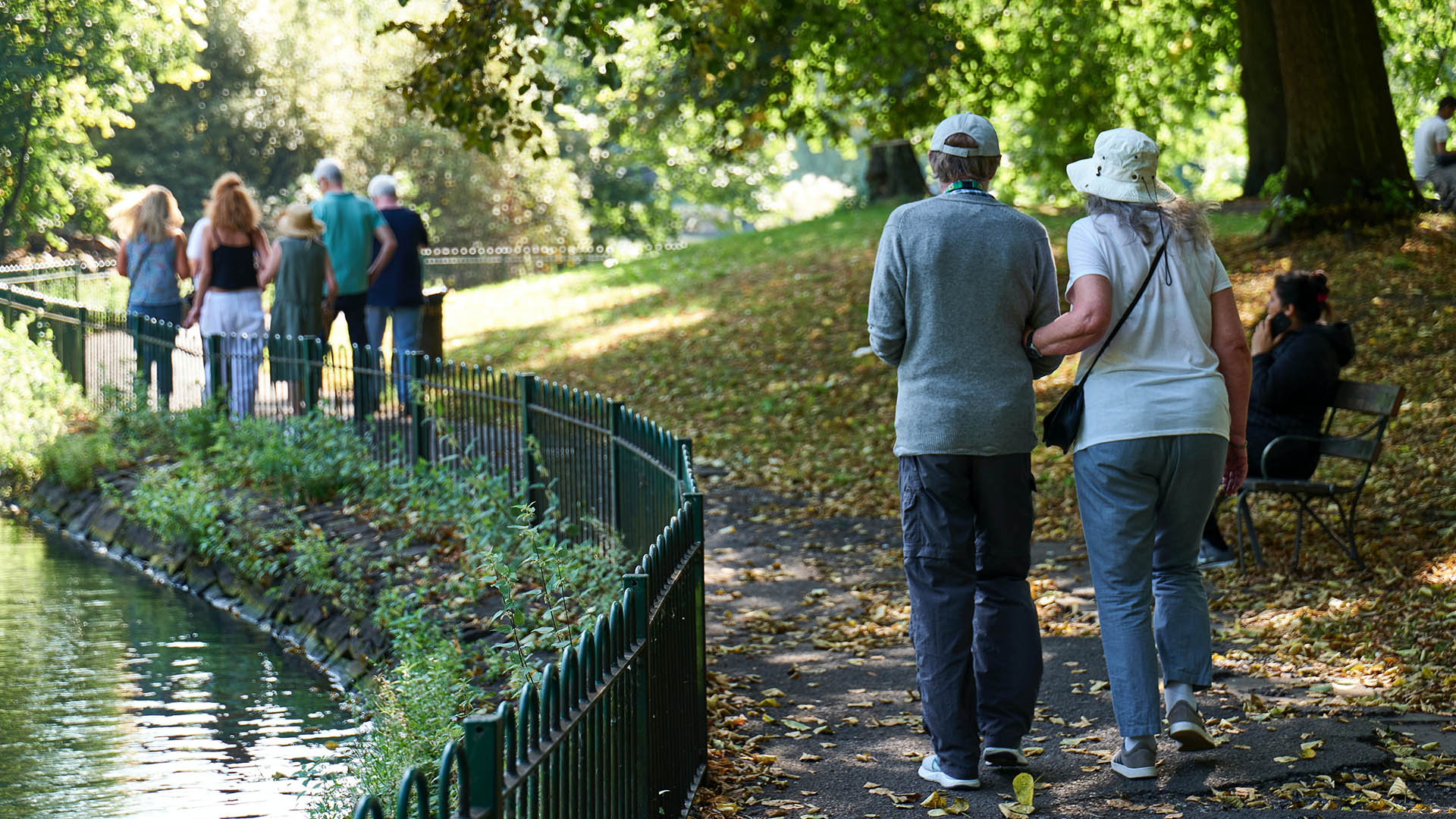“Being able to get outside and dip her toes into the water each day had a profound impact on her ability to cope with her illness. It made it more manageable for both of us.”
These were the words shared with me by someone who had been involved in the care of her terminally ill mother.
Getting out into nature is known to provide multiple positive psychological and physiological benefits, but we know relatively little about how it impacts those living with cancer.
At a time when we have a rapidly ageing population and a growing burden of chronic disease, we can anticipate more people will be diagnosed with various forms of cancer.
The latest report from the World Health Organisation’s cancer registry, The International Agency for Research on Cancer (IARC) reveals this to be a rapidly growing societal burden.
According to the report, as of 2022 one in five of us can expect to develop cancer in their lifetime, and approximately 1:9 men and 1:12 women will die from their disease. Lung, female breast, and colorectal cancers are the most common.
More worrying is the 77% projected increase in the cancer burden by 2050 from the current estimated 20 million cases globally in 2022. The is explained partly by population growth and ageing but also from associated risk factors of tobacco, alcohol, and obesity, along with the environmental risk of air pollution.
Living with cancer, undergoing various cancer treatments, and being a cancer survivor places a lot of additional stress on affected individuals and their families. Providing support and resources to ameliorate some of the associated psychological distress, anxiety, and depression can be a challenge.
This is where thinking outside the square and exploring lifestyle choices may be helpful.
Because while it may not always be possible to successfully treat all cancers, being able to maintain some quality of life and mental wellbeing can make a massive difference to all of those involved in a cancer situation.
A 2023 American study reviewed the available literature on the effectiveness of nature-based interventions and exposure in cancer survivors. Of the 2786 participants, results showed that nature was the most important resource in coping with their cancer by helping them deal with their anxiety, depression, sleep, connectedness, stress, tension, confusion, fatigue, and pain.
Have you used nature to assist you or a family member when recovering from illness or cancer?
I’d love to hear your story.
Jenny is a Board-Certified Lifestyle Medicine Physician, author, coach, and workplace health and wellbeing specialist. Her latest book Thriving Mind: How to Cultivate a Good Life (Wiley) is available online and at all good bookstores.


